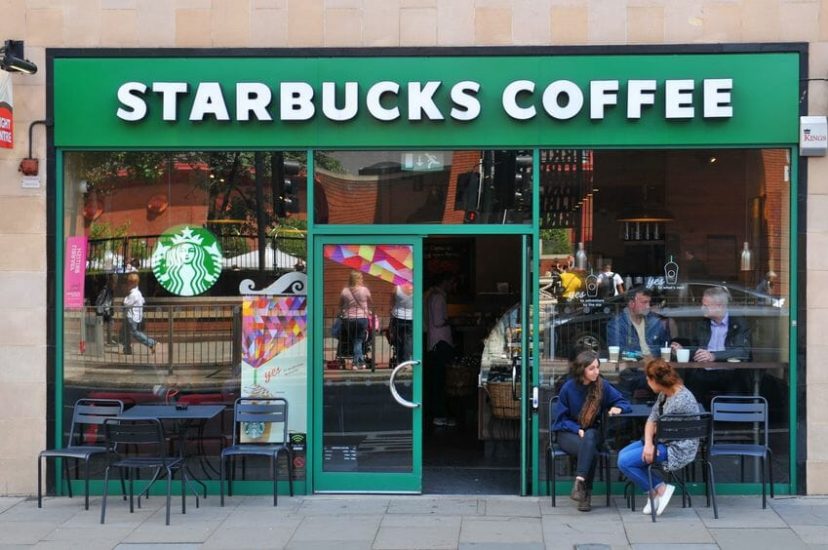Starbucks Corp. must pay employees for off-the-clock work such as closing and locking stores, the California Supreme Court ruled on Thursday in a decision that could have broad implications for companies that employ workers paid by the hour across the state.
The decision is a departure from a federal standard that gives employers greater leeway to deny workers’ compensation for short tasks, such as putting on a uniform, that are performed before they clock in or after they clock out.
The federal Fair Labor Standards Act allows employers to disregard short bits of time that employees work if recording that time is impractical, the time required to complete the work is trivial, or the uncompensated tasks are irregular.
The California court ruled that the federal standard, which was developed before the advent of sophisticated time-tracking technology, is a relic of a prior industrial world. The court set a new standard for the state in which employers must track and pay for time spent on regularly occurring tasks, even if they take only a few minutes.
“The court is saying to employers, you should be actively trying to pay people for their work instead of using a free pass” from the federal doctrine, said Elizabeth Tippett, a professor at the University of Oregon School of Law who has studied time-tracking cases.
In a case filed in 2012, Starbucks shift supervisor Douglas Troester alleged that the coffee chain’s software required him to clock out on every closing shift before completing tasks such as transmitting sales information to corporate headquarters, activating an alarm system and locking the door. Altogether, the closing tasks took between four and 10 extra minutes a day, according to court filings. During the 17 months of his employment, Mr. Troester’s unpaid time added up to around $103, the filings say.
The case was dismissed by a federal court in 2014, so Mr. Troester appealed. The Ninth Circuit Court of Appeals sent the matter to California’s Supreme Court to decide what is permissible under the California Labor Code.
“We are disappointed with the Court’s decision,” a Starbucks representative said. “We will await further disposition of the case before the Ninth Circuit as the appeal process continues.”
The ruling leaves open the possibility that employers can justify not paying workers for some trivial amounts of work or for irregular off-the-clock tasks, said David Amaya, a partner in the San Diego office of management-side law firm Fisher & Phillips LLP. He has been watching the case on behalf of a client whose employees often stand in a security line for a couple of minutes before entering their workplace.
“On closer calls, it comes down to what the courts perceive,” he said. “Do they perceive the employer is just not making any effort to keep track of time?”
In the Starbucks case, Mr. Amaya said that the court found the chain “just relied on the idea that a few minutes doesn’t mean anything, and the Court said that sort of attitude won’t fly in California.”
Read full story here

